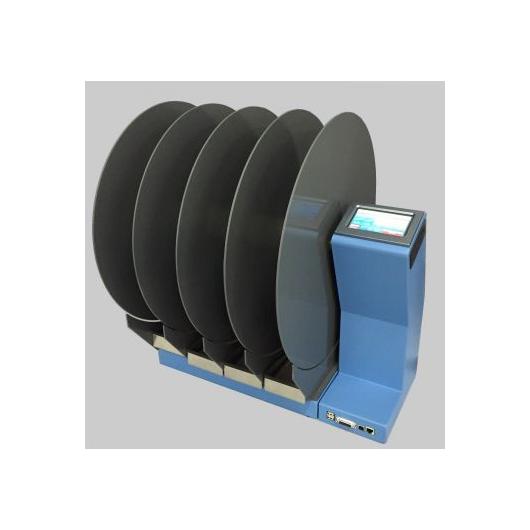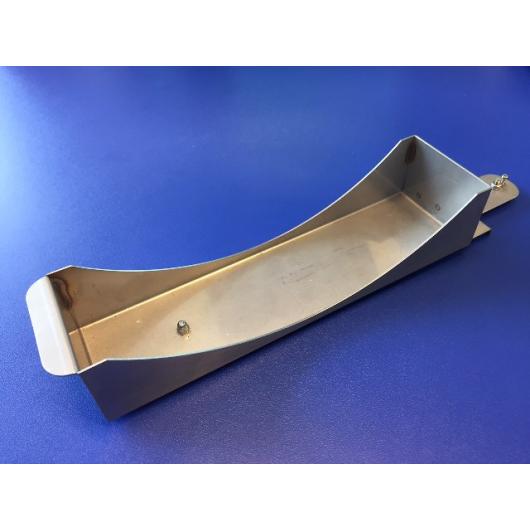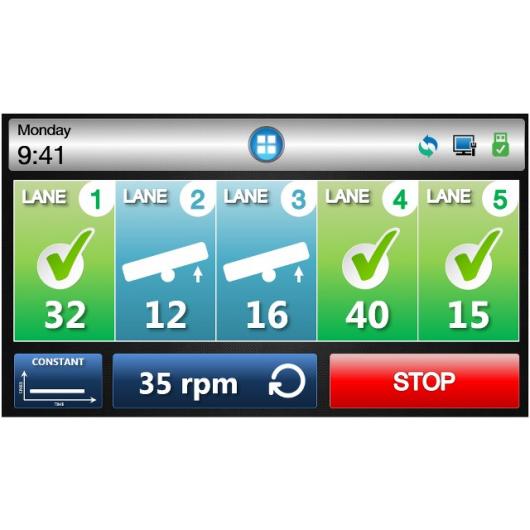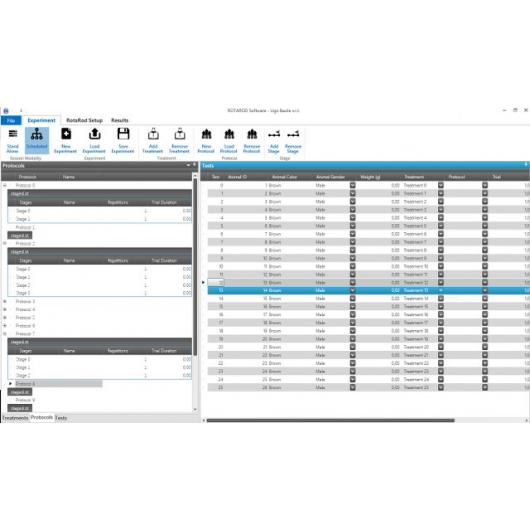




The 1st, original Rat RotaRod for motory coordination studies
Features and Benefits
- Mechanical and Thermal nociception assays within the same experiment
- Integrates higher-order brain functions into measurements of orofacial nociception
- Intact vibrissal pad, as the test does not require any vibrissal shaving
- High throughput: up to 16 animals can be tested simultaneously
Applications
Orofacial pain problems are common and involve structures and mechanisms unique to the trigeminal nerve. Few methods are currently available for orofacial preclinical
research, and none incorporates parallel measurement of mechanical or thermal stimulation within the same experiment.
Moreover, while most of the current assays measure unlearned behaviors, such as flinching or withdrawal reflexes, the new Orofacial Stimulation Test, developed by Fehrenbacher, Henry and Hargreaves, integrates higherorder brain functions into measurements of orofacial nociception.
This innovative approach permits highly integrated nociceptive responses to thermal or mechanical stimulation.
Animals are trained & tested in standard home cages. Tests are performed in the presence of thermal or mechanical stimuli contacting the vibrissal pad. Following treatment to induce hypersensitivity, (e.g., trigeminal ligation or injection) trials are repeated to determine the effect of treatment on feeding behavior/reward. Assay sensitivity (inflammation-induced decreases in feeding behavior and reversal of hypersensitivity by local and systemic administration of analgesics) has been proven (Hargreaves et alia, ms in prep.); the feeding behavior is strongly correlated to mechanical or thermal orofacial nociception, as the animal must contact the stimulator in order to access the food reward.
Method Paper
- J.C. Fehrenbacher et alia: “Characterization of a novel orofacial behavioral assay to assess hyperalgesia to thermal and mechanical stimulation”. (submitted).





